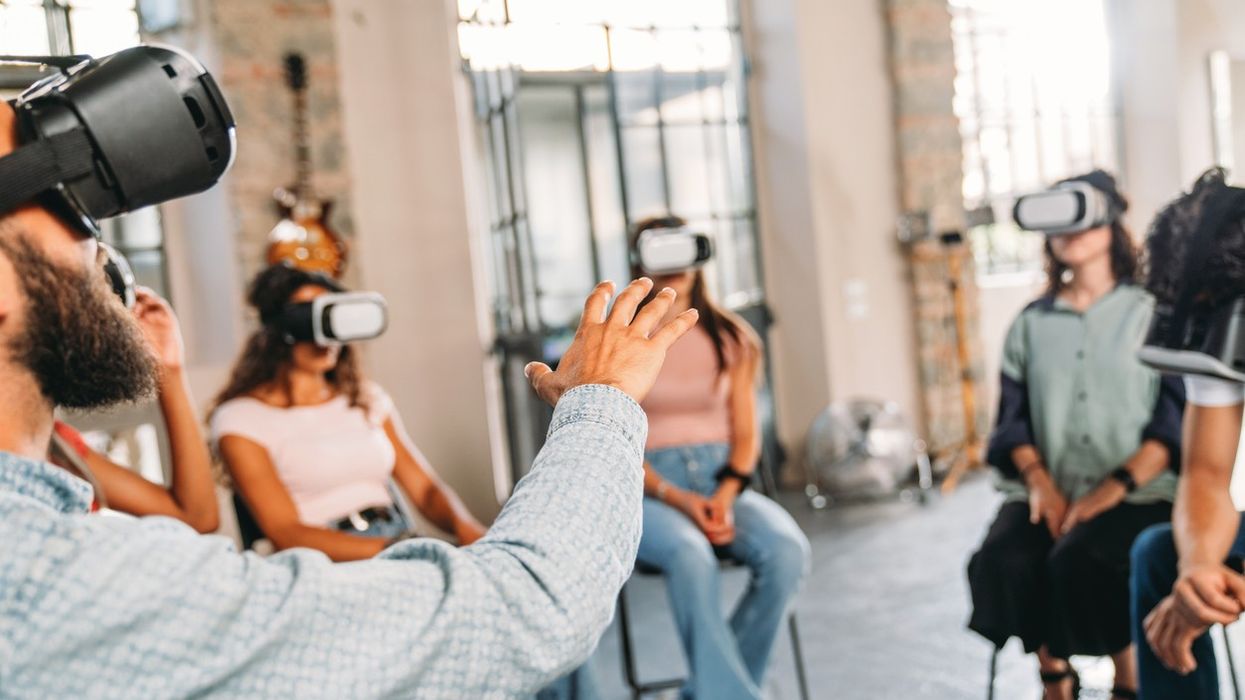Highlights:
- Immersive games and virtual reality (VR) are increasingly used as tools in mental health therapy.
- These technologies can help reduce anxiety, stress, and depression in controlled environments.
- Platforms are offering tailored experiences for both youth and adults, enhancing accessibility to mental health support.
- Research indicates VR interventions show promise in improving focus, coping skills, and emotional regulation.
The rise of immersive therapy
Virtual reality therapy is emerging as a novel approach to mental health care. By immersing patients in simulated environments, therapists can address issues like anxiety, depression, phobias, and stress more effectively than some traditional methods. This safe and controlled setting allows individuals to confront challenges and practice coping strategies without real-world consequences.
Platforms transforming mental health care
Specialized VR platforms have been developed to provide structured mental health support. Some focus on youth therapy, offering interactive, engaging experiences to make therapy more accessible. Others provide community features, guided exercises, and personalized interventions that help users manage stress, improve focus, and regulate emotions.
Evidence and research
Studies suggest that VR-based interventions can significantly alleviate symptoms of anxiety and depression. Controlled exposure therapy in VR has been particularly effective for phobias and post-traumatic stress, offering participants a safe environment to gradually face fears. Research also points to benefits in attention, focus, and cognitive resilience, making immersive therapy a valuable complement to conventional treatment.
Challenges and considerations
Despite promising results, VR therapy faces challenges such as cost, access to equipment, and the need for trained professionals. Long-term effectiveness and potential risks remain under study, and ensuring equitable availability is a priority for mental health practitioners. The integration of immersive games and VR into mental health care represents a growing shift toward personalized, engaging therapy. As technology advances, these tools are expected to play an increasingly important role in helping individuals manage mental health, offering innovative approaches to improving emotional well-being and resilience.






 Let’s stop shaming Genzfor switching jobsI see a lot of ‘career gurus’shaming 22-year-olds for switching jobs every year.But isn’t that exactly what the youth should be doing? 🤔Early in our… | Anupam Mittal | 561 comments
Let’s stop shaming Genzfor switching jobsI see a lot of ‘career gurus’shaming 22-year-olds for switching jobs every year.But isn’t that exactly what the youth should be doing? 🤔Early in our… | Anupam Mittal | 561 comments 







